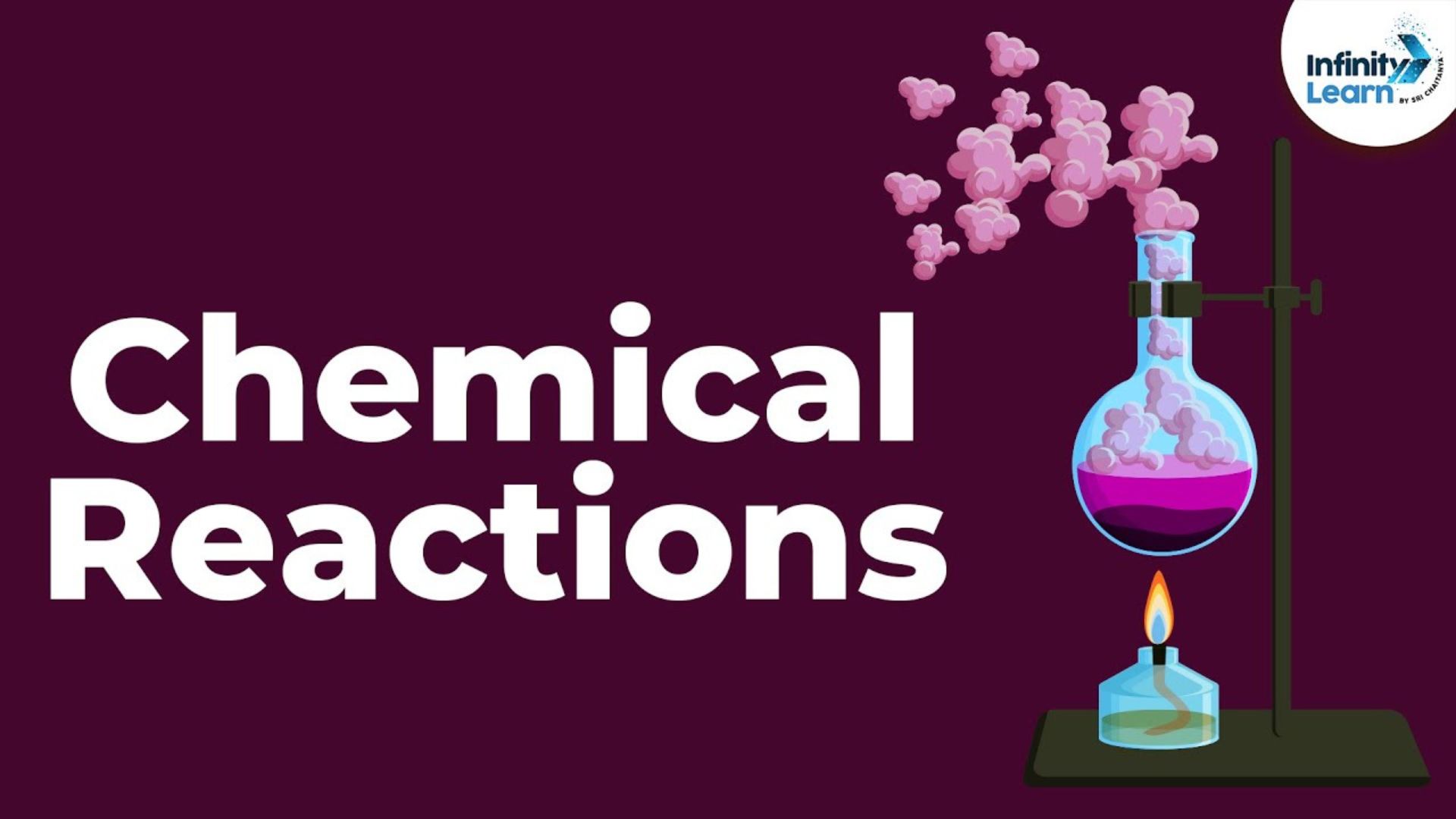Chemical reactions are fundamental processes that occur everywhere in nature, from the air we breathe to the food we eat. These reactions are responsible for many natural phenomena and have significant impacts on the environment, human health, and the world around us. This article explores some common natural chemical reactions and their effects.

Natural Chemical Reactions and Their Impact
Photosynthesis: The Basis of Life
The Process of Photosynthesis
Photosynthesis is a critical chemical reaction that occurs in plants, algae, and some bacteria. It involves the conversion of carbon dioxide and water into glucose and oxygen, using sunlight as the energy source. This process not only provides food and oxygen for living organisms but also plays a key role in regulating atmospheric carbon dioxide levels.
Impact on the Environment
The oxygen produced during photosynthesis is essential for the survival of most life forms on Earth. Additionally, photosynthesis helps reduce the amount of carbon dioxide in the atmosphere, mitigating the effects of global warming. Forests and oceans, as major photosynthetic regions, are crucial for maintaining ecological balance and supporting biodiversity.
Respiration: Energy Production in Living Organisms
Cellular Respiration Explained
Cellular respiration is a process that occurs in the cells of all living organisms. It involves the breakdown of glucose into carbon dioxide and water, releasing energy stored in the form of adenosine triphosphate (ATP). This energy is used by cells to perform various functions, from muscle contraction to nerve transmission.
Health and Environmental Impacts
The carbon dioxide produced during respiration is released into the atmosphere, contributing to the natural carbon cycle. In humans, efficient cellular respiration is vital for health, as it ensures that cells receive the energy they need to function properly. However, disruptions in this process, such as those caused by respiratory diseases, can have serious health implications.
Combustion: Energy and Emissions
Understanding Combustion
Combustion is a chemical reaction that occurs when a substance reacts with oxygen, releasing heat and light. This reaction is common in natural processes like wildfires and human activities such as burning fossil fuels for energy. Combustion typically produces carbon dioxide, water vapor, and other gases.
Environmental and Health Effects
While combustion is a crucial energy source, it also has significant environmental and health impacts. The release of carbon dioxide and other greenhouse gases during combustion contributes to global warming and climate change. Additionally, pollutants such as sulfur dioxide and nitrogen oxides, which are produced during the combustion of fossil fuels, can lead to air quality issues and respiratory problems in humans.
Acid-Base Reactions: Nature’s Balancing Act
Natural Acid-Base Reactions
Acid-base reactions are common in nature and involve the transfer of hydrogen ions between substances. One well-known example is the reaction between carbon dioxide and water, which forms carbonic acid. This reaction plays a role in regulating the acidity of oceans and freshwater bodies.
Impact on Ecosystems
Changes in the acidity of natural water bodies can have profound effects on aquatic ecosystems. For instance, acid rain, which results from the reaction of water with sulfur dioxide and nitrogen oxides in the atmosphere, can lower the pH of lakes and rivers. This change in acidity can harm aquatic life, damage vegetation, and alter soil composition, affecting biodiversity and ecosystem health.
Decomposition: Nature’s Recycling System
The Decomposition Process
Decomposition is the natural process by which organic matter is broken down into simpler substances by microorganisms, fungi, and other decomposers. This process releases nutrients back into the soil, making them available for plants and contributing to the nutrient cycle.
Ecological and Environmental Benefits
Decomposition is essential for maintaining soil fertility and supporting plant growth. It also plays a role in carbon cycling, as decomposed organic matter releases carbon dioxide into the atmosphere. Additionally, the breakdown of dead organisms prevents the accumulation of waste in ecosystems, ensuring the continuous flow of energy and nutrients.
Conclusion
Natural chemical reactions are essential for life and the functioning of ecosystems. From photosynthesis and respiration to combustion and decomposition, these reactions influence environmental conditions, human health, and the stability of our planet. Understanding these processes helps us appreciate the complexity of nature and highlights the importance of preserving ecological balance.



